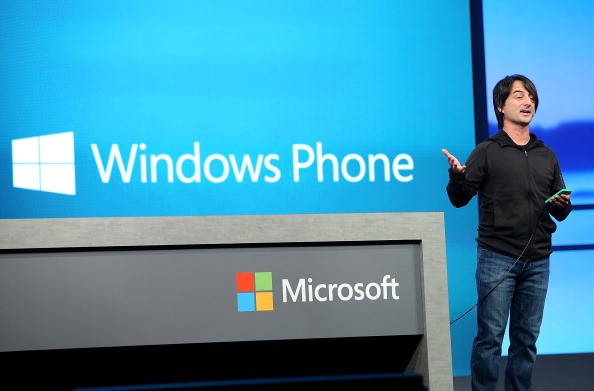For years, Microsoft has been dreaming to dominate the market from desktop to phone and is making its own smartphones. Like Google with Android, it previously made a Windows software version and licensed it to smartphone manufacturers like Samsung.
The Redmond-based firm then bought Nokia's smartphone business and patents for $7.2 billion in 2014, an attempt to make the company relevant in consumer computing beyond PCs. The concept was to take control of Nokia's capabilities in making phones and combine them with the Windows software to have a better chance in the smartphone market.
In 2015, Microsoft CEO Satya Nadella decided to target its phones at niche markets like Windows fans and business users. However, Windows phones only appeal to a few people. Still, they are not selling in masses.
On April 14, Thursday, Microsoft revealed it sold 2.3 million Lumia phones in the first quarter this year, an average of about 26,000 daily. Out of every 100 new smartphones sold globally, only two are powered by the Windows software, according to Bloomberg.
One of the reasons why 1 percent stick to Windows Phones is their love of Microsoft apps. Windows PC users who are used to Office365, OneDrive or Outlook can be the last ones to try other offerings. However, the smartphone market has been flooded with tempting alternatives that can lure the fans of Windows Phone to leave and try other platforms.
As in the case of one Microsoft-centric user, she tried Google's Android, according to ZDNet. While many worry about information scraping by Google to keep its search function rolling, the user admitted many users of tech devices have given up their privacy in exchange of convenience.
Users have observed that though Microsoft apps mostly work on Android, it is not as seamless as it does on Windows Phones. However, Google's mobile OS has a rich ecosystem that its users need not have to worry that an app they want or need is not available, as in the case with Windows Phone. As tech observers see Microsoft's Windows Phone business as worth dishing out, its few fans have other choices to try.
The video below talks about Windows Phone.



























